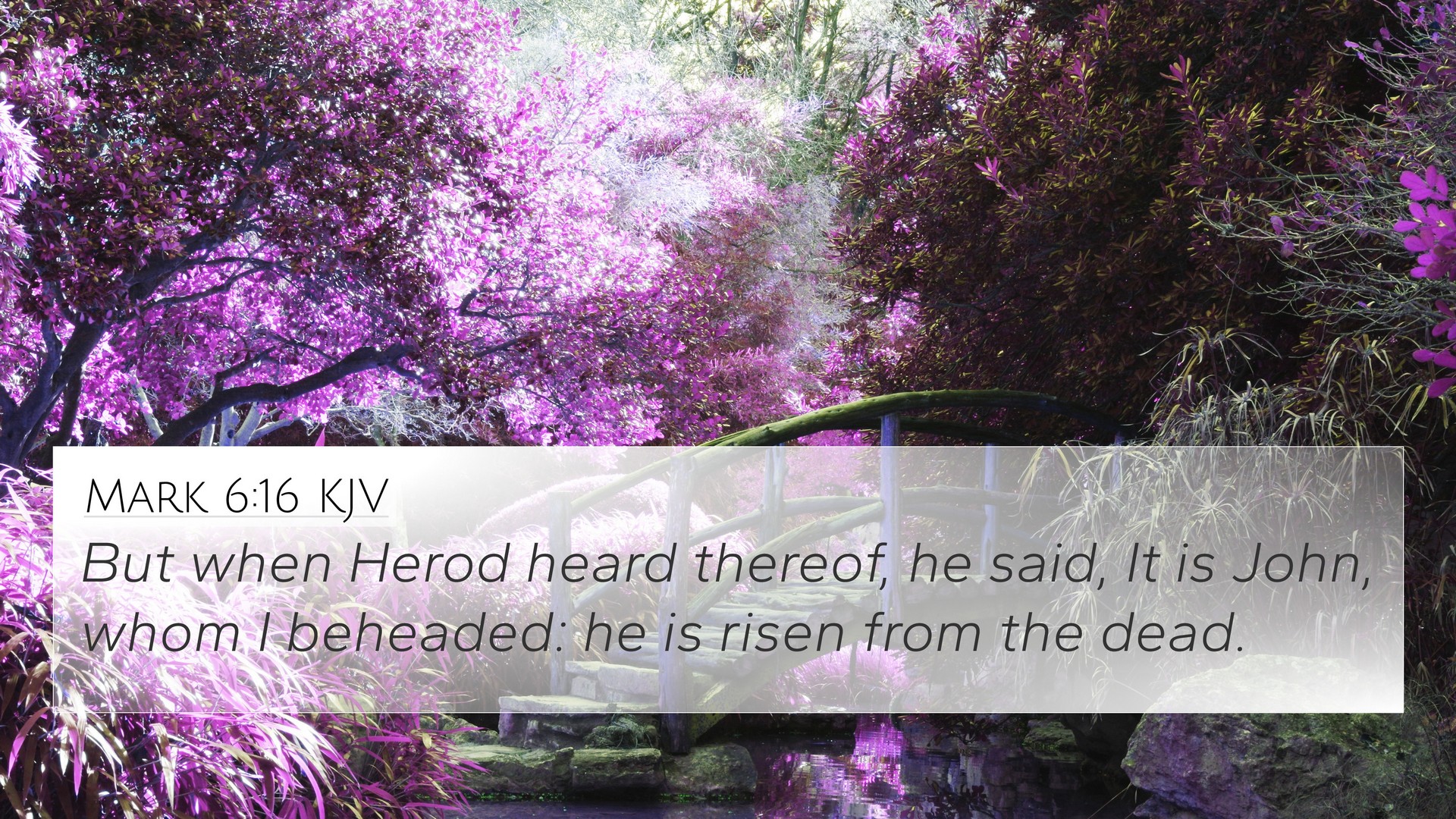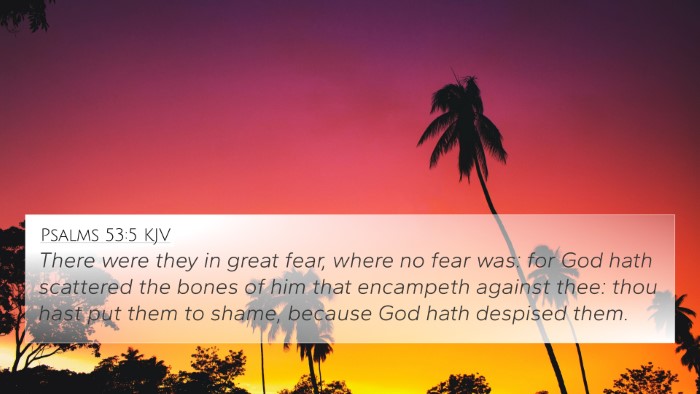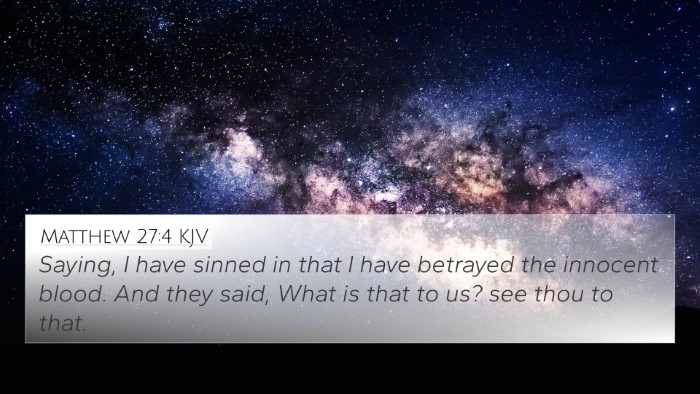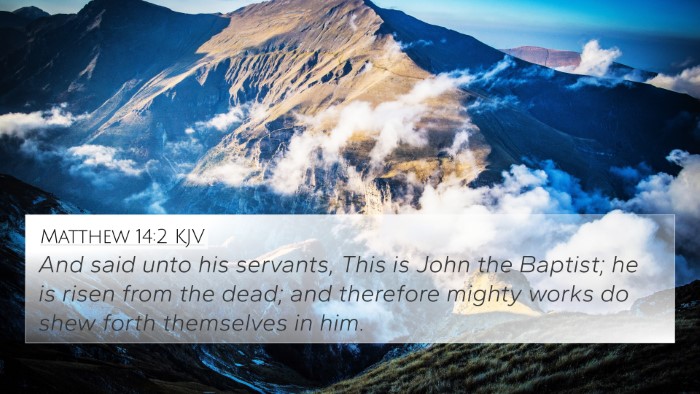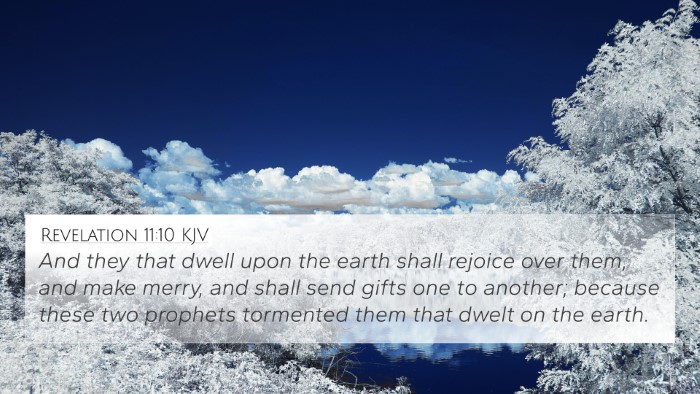Old Testament
Genesis Exodus Leviticus Numbers Deuteronomy Joshua Judges Ruth 1 Samuel 2 Samuel 1 Kings 2 Kings 1 Chronicles 2 Chronicles Ezra Nehemiah Esther Job Psalms Proverbs Ecclesiastes Song of Solomon Isaiah Jeremiah Lamentations Ezekiel Daniel Hosea Joel Amos Obadiah Jonah Micah Nahum Habakkuk Zephaniah Haggai Zechariah MalachiVerse
Mark 6:1 Mark 6:2 Mark 6:3 Mark 6:4 Mark 6:5 Mark 6:6 Mark 6:7 Mark 6:8 Mark 6:9 Mark 6:10 Mark 6:11 Mark 6:12 Mark 6:13 Mark 6:14 Mark 6:15 Mark 6:16 Mark 6:17 Mark 6:18 Mark 6:19 Mark 6:20 Mark 6:21 Mark 6:22 Mark 6:23 Mark 6:24 Mark 6:25 Mark 6:26 Mark 6:27 Mark 6:28 Mark 6:29 Mark 6:30 Mark 6:31 Mark 6:32 Mark 6:33 Mark 6:34 Mark 6:35 Mark 6:36 Mark 6:37 Mark 6:38 Mark 6:39 Mark 6:40 Mark 6:41 Mark 6:42 Mark 6:43 Mark 6:44 Mark 6:45 Mark 6:46 Mark 6:47 Mark 6:48 Mark 6:49 Mark 6:50 Mark 6:51 Mark 6:52 Mark 6:53 Mark 6:54 Mark 6:55 Mark 6:56